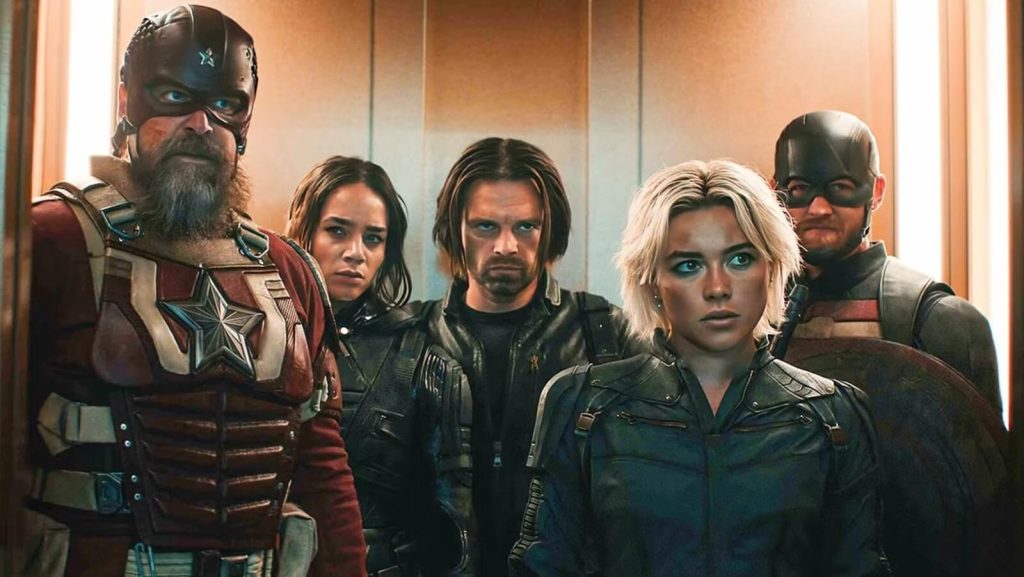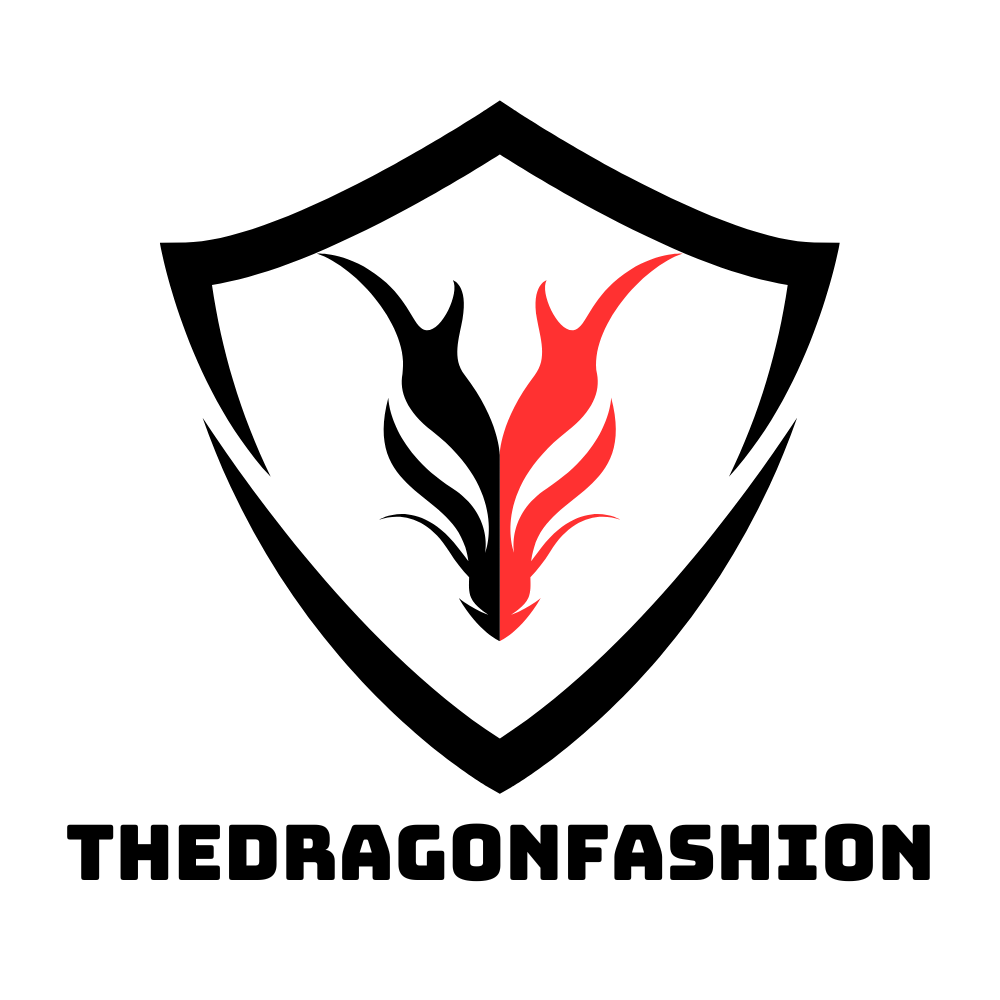World News
Wyatt Russell’s Surprising ‘On Your Left’ Line in Thunderbolts: A Deeper Dive into the Accidental Easter Egg
The Unexpected Echo of a Classic Line
In Marvel Studios’ latest film, Thunderbolts, fans were treated to a familiar echo from the past when Wyatt Russell’s character, John Walker (U.S. Agent), shouted “On your left!” during a high-octane action sequence. The moment instantly resonated with audiences, triggering memories of one of the most iconic exchanges in the Marvel Cinematic Universe—Steve Rogers’ friendly rivalry with Sam Wilson in Captain America: The Winter Soldier, later immortalized in Avengers: Endgame when Falcon utters the same phrase before the climactic final battle.
What makes this callback even more intriguing is that it wasn’t planned in the traditional sense. According to Russell, the line was inserted in post-production by director Jake Schreier to fill a momentary audio gap during a vault sequence. Russell initially resisted delivering the line, unaware of its weight in MCU lore. It was only after co-star Sebastian Stan (Bucky Barnes) reminded him of its significance that he realized he was inadvertently stepping into sacred Marvel territory.
This unintentional homage adds a new layer of irony and complexity to John Walker’s character. As a deeply flawed replacement for Captain America, the use of such an iconic Cap phrase illustrates the tension between Walker’s ambitions and his actual place in the heroic hierarchy. It’s a subtle yet impactful moment that Marvel fans immediately recognized—and debated.

John Walker’s Complex Journey
In Thunderbolts, John Walker’s arc dives deeper into personal territory, pulling back the curtain on his deteriorating private life. The audience learns that Walker’s wife, Olivia, has left him and taken their child, highlighting the psychological and emotional toll of trying to live up to a role he was never fully prepared for. Wyatt Russell’s performance brings raw vulnerability to the character, as he grapples with the crumbling of his identity both as a hero and as a man.
Russell has described Walker as someone fundamentally unfit for the stability of family life. He’s a soldier first, someone who has been trained to follow orders and enforce justice with brute force. That instinct, while potentially useful in battle, leaves him emotionally disconnected and unable to prioritize relationships. The tension between personal duty and public expectation creates a narrative that’s rich with moral ambiguity.
This deeper look into Walker’s personal failings not only humanizes him but also sets the stage for potential redemption. Marvel has long succeeded in developing layered characters, and Walker now joins a growing list of antiheroes who walk the fine line between villainy and virtue. His story in Thunderbolts invites viewers to ask: can a person who has made grave mistakes still find a way to make things right?
The Thunderbolts Team Dynamics
At the heart of Thunderbolts lies its ensemble cast of misfits, outcasts, and morally gray warriors. Alongside John Walker, the team includes Yelena Belova, Bucky Barnes, Red Guardian, Ghost, and the emotionally unstable powerhouse, Bob/Sentry/Void. Each character brings their own baggage, making the team both volatile and fascinating.
The dynamic between Walker and Bucky Barnes is particularly tense, fueled by their shared history with the Captain America legacy. Bucky, once a brainwashed assassin, now serves as a grounding force for the team. His wariness of Walker, mixed with his own search for redemption, adds emotional tension to every mission. Meanwhile, Yelena continues to balance wit and trauma, providing the group with both levity and lethal efficiency.
As the team is manipulated by CIA director Valentina Allegra de Fontaine, they begin to question not just their objectives, but the systems that control them. This dynamic forces them to evolve from reluctant allies into a cohesive—if dysfunctional—unit. The film devotes considerable time to developing each character’s arc, highlighting the delicate balance between individual motives and collective responsibility.
The Thunderbolts are not the Avengers. They are broken, skeptical, and driven by survival rather than idealism. And yet, in their imperfection, they reflect the gritty realism of a post-Endgame MCU.

Easter Eggs and Future Implications
As with all Marvel projects, Thunderbolts is brimming with Easter eggs and subtle nods to the broader cinematic universe. Beyond the surprise inclusion of the “On your left” line, the film introduces a mysterious new organization called OXE, suggesting the presence of another powerful force operating in the shadows. The team’s battles aren’t just physical—they are deeply tied to legacy, reputation, and identity.
The post-credits scenes are especially rich in implications. One sequence reveals that the Thunderbolts have been rebranded as the “New Avengers,” a move orchestrated by the U.S. government to control the narrative and public perception. This sets the stage for a possible ideological clash with Sam Wilson’s existing Avengers team, raising the question of who really owns the mantle of Earth’s Mightiest Heroes.
Another scene features the quiet arrival of a spacecraft bearing the symbol of the Fantastic Four—teasing their imminent integration into the MCU. This brief but tantalizing image connects Thunderbolts to the upcoming Fantastic Four: First Steps and the broader multiverse saga, including the hotly anticipated Avengers: Doomsday.
All of these elements hint at a shifting MCU landscape where no team is sacred, no title uncontested, and every legacy up for grabs. Thunderbolts is no longer just a side story—it’s a critical puzzle piece in Phase 6 and beyond.
Wyatt Russell’s Reflections and the MCU’s Evolution
Wyatt Russell’s openness about his experience filming Thunderbolts offers rare insight into the creative process behind such a high-stakes franchise. His initial reluctance to deliver the now-iconic line “On your left!” reflects the careful dance between improvisation and mythology that defines the MCU. Sometimes, the most powerful moments are born from spontaneity.
Russell’s portrayal of John Walker adds much-needed nuance to the discussion around heroism in the Marvel universe. Unlike Steve Rogers, who embodied moral certainty, Walker represents the fragility of power and the danger of idealizing strength without ethics. His journey is messy, painful, and deeply human—making him one of the more complex characters in the post-Infinity Saga era.
As Marvel continues to evolve, shifting focus from traditional heroes to morally ambiguous figures, Thunderbolts represents a critical turning point. It challenges viewers to reconsider what makes someone a hero, and whether redemption is a right or a privilege.
With an ever-expanding roster of characters, new threats on the horizon, and a redefinition of what team dynamics look like, the MCU remains a masterclass in long-form storytelling. Thunderbolts doesn’t just entertain—it deepens the narrative fabric of a universe now two decades in the making.
And in a world where one offhand line can reignite decades of fandom nostalgia, it’s clear the MCU isn’t slowing down anytime soon.
From thedragonfashion

